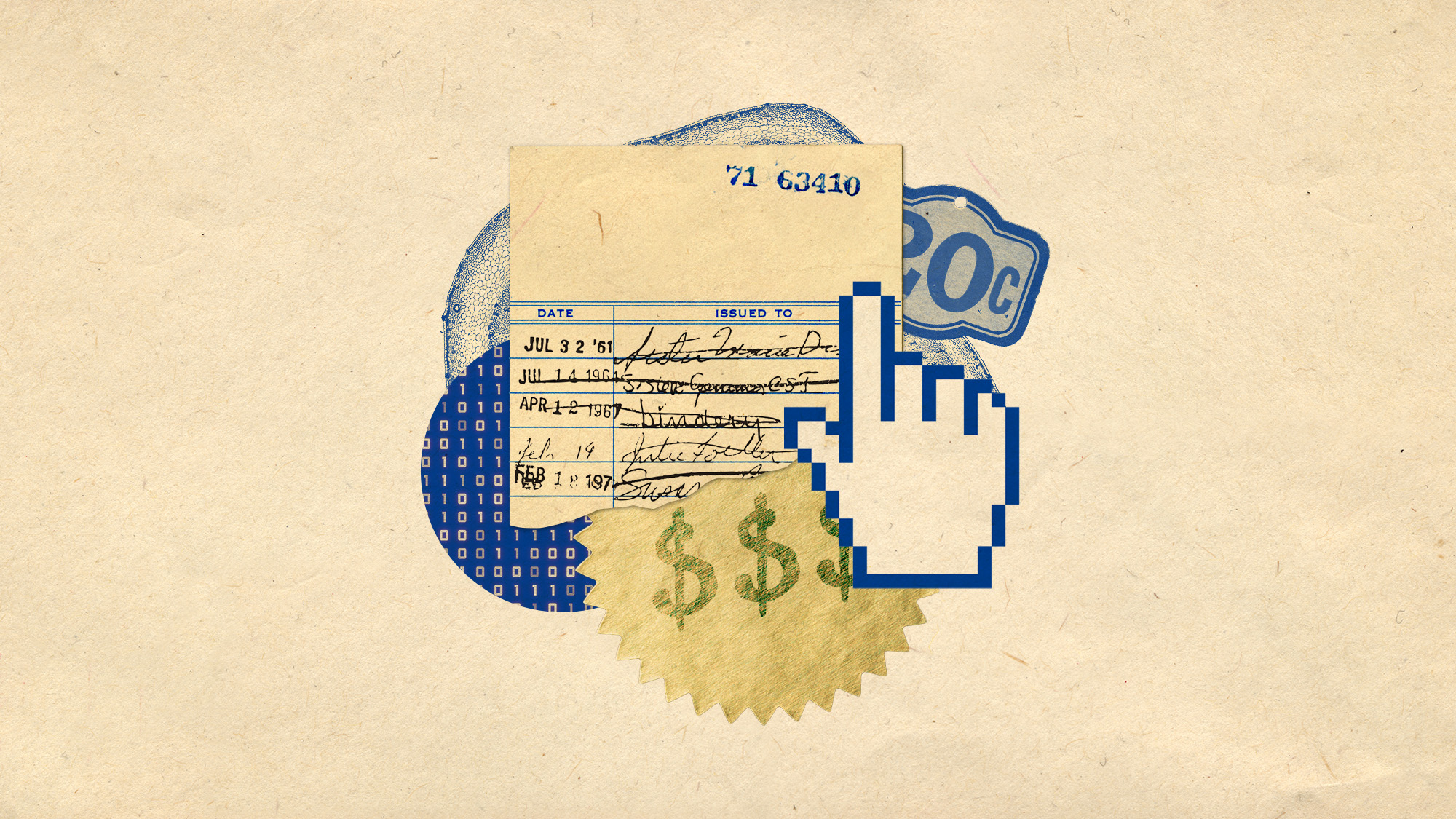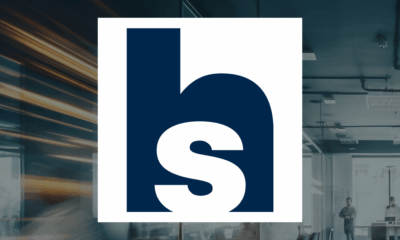Lifestyle
Libraries Clash with Publishers Over Rising E-Book Costs

The rising popularity of e-books is presenting significant financial challenges for libraries across the United States. While digital reading materials offer convenience for patrons, the high costs associated with e-book licensing are forcing libraries to reconsider their purchasing strategies. Many libraries are now grappling with the implications of these expenses, which can hinder their ability to provide access to popular titles.
E-books typically come with licensing agreements that impose substantial costs on libraries. According to a report by Axios, publishers often require libraries to renew licenses for e-books every two years or after 26 loans. These policies are described by library officials as “prohibitively expensive.” The significant price difference between print and digital formats is alarming; for example, a typical hardcover book costs around $15, while its e-book counterpart might range from $100 to $120 for a mere two-year access period. Sarah McCusker, head of the Connecticut Library Association, highlighted this disparity, indicating that libraries face inflated costs when licenses expire and must be renewed.
Publishers defend these pricing structures, asserting that they are necessary to protect the rights of authors and copyright owners. The Association of American Publishers argues that fair compensation for creators is crucial to sustaining the industry. This perspective, however, does not alleviate the financial strain on libraries, which are increasingly dedicating larger portions of their budgets to e-books to meet rising patron demands.
In response to these challenges, some libraries are advocating for legislative changes to address the financial burden of e-book licenses. Lawmakers in states such as Massachusetts, Illinois, Hawaii, and New Hampshire have introduced bills aimed at reducing costs and restrictions on e-books for libraries. A similar initiative in Virginia was tabled, but Maryland made strides in 2021 with a law that required publishers to offer e-books to libraries at “reasonable terms.” Unfortunately, this law was later overturned by a judge, prompting Maryland to join the ongoing struggle for reform.
Connecticut has emerged as a leader in this movement, having passed legislation intended to limit the costs associated with e-book licensing for libraries. This law prohibits libraries from entering into agreements that are both time-limited and impose restrictions on the number of allowed checkouts. Advocates believe this could prompt publishers to engage in more favorable negotiations. Ellen Paul, executive director of the Connecticut Library Consortium, expressed optimism that this change could alleviate long wait times for popular e-books, which currently often exceed six months.
Despite these positive developments, concerns remain regarding the potential impact on authors. Shelley Husband, senior vice president of government affairs at the Association of American Publishers, cautioned that while libraries face funding challenges, the solution should not come at the expense of author compensation. She emphasized the importance of protecting the rights of creators in the ongoing debate.
The conflict between libraries and publishers over e-book pricing reflects broader issues of accessibility and fair compensation within the digital age. As libraries continue to navigate these challenges, their efforts to advocate for more equitable licensing agreements may shape the future landscape of e-book availability.
-

 Technology5 months ago
Technology5 months agoDiscover the Top 10 Calorie Counting Apps of 2025
-

 Health2 months ago
Health2 months agoBella Hadid Shares Health Update After Treatment for Lyme Disease
-

 Health3 months ago
Health3 months agoErin Bates Shares Recovery Update Following Sepsis Complications
-

 Technology4 months ago
Technology4 months agoDiscover How to Reverse Image Search Using ChatGPT Effortlessly
-

 Technology1 month ago
Technology1 month agoDiscover 2025’s Top GPUs for Exceptional 4K Gaming Performance
-

 Technology2 months ago
Technology2 months agoElectric Moto Influencer Surronster Arrested in Tijuana
-

 Technology5 months ago
Technology5 months agoMeta Initiates $60B AI Data Center Expansion, Starting in Ohio
-

 Technology5 months ago
Technology5 months agoRecovering a Suspended TikTok Account: A Step-by-Step Guide
-

 Health4 months ago
Health4 months agoTested: Rab Firewall Mountain Jacket Survives Harsh Conditions
-

 Lifestyle5 months ago
Lifestyle5 months agoBelton Family Reunites After Daughter Survives Hill Country Floods
-

 Technology4 months ago
Technology4 months agoHarmonic Launches AI Chatbot App to Transform Mathematical Reasoning
-

 Technology3 months ago
Technology3 months agoUncovering the Top Five Most Challenging Motorcycles to Ride



















